U.S. confirms peace talks with Taliban
Outgoing U.S. Defense Secretary Robert Gates has confirmed that the U.S. is holding "outreach" talks with members of the Taliban in Afghanistan.
Sunday, 19.06.2011.
16:53

Outgoing U.S. Defense Secretary Robert Gates has confirmed that the U.S. is holding "outreach" talks with members of the Taliban in Afghanistan. Gates said talks were "preliminary" but that a political solution was the way "most of these wars end". U.S. confirms peace talks with Taliban It is the first time the U.S. has acknowledged such contact and comes a day after Afghan President Hamid Karzai said peace talks had started. The U.S. is due to start withdrawing its 97,000 troops from Afghanistan in July. It aims to gradually hand over all security operations to Afghan security forces by 2014. "There's been outreach on the part of a number of countries, including the U.S,," Gates told CNN., without naming other countries involved. "I would say that these contacts are very preliminary,” he pointed out. "My own view is that real reconciliation talks are not likely to be able to make any substantive headway until at least this winter." Gates, who will leave office at the end of the month, said the first step had been to ensure the contacts were genuine and influential Taliban members. "We don't want to end up having a conversation at some point with somebody who is basically a freelancer." Karzai said on Saturday that peace talks involving Afghan officials, the U.S. and other "foreign militaries" were taking place and were "going well". He gave no details as to whether the discussions involved Taliban officials with U.S. authorities, or a go-between. Shortly after, the Taliban said it carried out a number of suicide attacks in Kabul, killing nine people and injuring 12. Police said insurgents also attacked two convoys supplying NATO troops in the eastern province of Ghazni, killing four security guards. The Taliban's official position regarding peace talks is that they will only negotiate once international forces leave Afghanistan, and that they will only talk to the Afghan government. But analysts say that stance appears to be changing. Diplomats have previously spoken of preliminary talks being held by both sides in the continuing conflict. The UK said that with the death of al-Qaeda leader Osama Bin Laden, it was time for the Taliban to "positively engage" in the political process, and that it supported Afghan efforts to reintegrate insurgents who were "prepared to renounce violence, cut links with terrorist groups, and accept the constitution". In a separate interview published on Sunday, Gates said the human cost of the wars in Iraq and Afghanistan made him more wary of backing U.S. military intervention. "If we were about to be attacked or had been attacked or something happened that threatened a vital U.S. national interest, I would be the first in line to say, 'Let's go'," he told the New York Times. "I will always be an advocate in terms of wars of necessity. I am just much more cautious on wars of choice." The Taliban ruled Afghanistan before being driven from power by U.S.-backed forces in 2001. It had sheltered al-Qaeda members, including Bin Laden. On Friday, the UN split a sanctions blacklist for the Taliban and al-Qaeda, to encourage Taliban members to turn their back on the Islamist organization and join reconciliation efforts. Before now, both organizations have been handled by the same UN sanctions committee. The UN Security Council said it was sending a signal to the Taliban that now is the time to join the political process
U.S. confirms peace talks with Taliban
It is the first time the U.S. has acknowledged such contact and comes a day after Afghan President Hamid Karzai said peace talks had started.The U.S. is due to start withdrawing its 97,000 troops from Afghanistan in July.
It aims to gradually hand over all security operations to Afghan security forces by 2014.
"There's been outreach on the part of a number of countries, including the U.S,," Gates told CNN., without naming other countries involved.
"I would say that these contacts are very preliminary,” he pointed out.
"My own view is that real reconciliation talks are not likely to be able to make any substantive headway until at least this winter."
Gates, who will leave office at the end of the month, said the first step had been to ensure the contacts were genuine and influential Taliban members.
"We don't want to end up having a conversation at some point with somebody who is basically a freelancer."
Karzai said on Saturday that peace talks involving Afghan officials, the U.S. and other "foreign militaries" were taking place and were "going well".
He gave no details as to whether the discussions involved Taliban officials with U.S. authorities, or a go-between.
Shortly after, the Taliban said it carried out a number of suicide attacks in Kabul, killing nine people and injuring 12. Police said insurgents also attacked two convoys supplying NATO troops in the eastern province of Ghazni, killing four security guards.
The Taliban's official position regarding peace talks is that they will only negotiate once international forces leave Afghanistan, and that they will only talk to the Afghan government. But analysts say that stance appears to be changing.
Diplomats have previously spoken of preliminary talks being held by both sides in the continuing conflict.
The UK said that with the death of al-Qaeda leader Osama Bin Laden, it was time for the Taliban to "positively engage" in the political process, and that it supported Afghan efforts to reintegrate insurgents who were "prepared to renounce violence, cut links with terrorist groups, and accept the constitution".
In a separate interview published on Sunday, Gates said the human cost of the wars in Iraq and Afghanistan made him more wary of backing U.S. military intervention.
"If we were about to be attacked or had been attacked or something happened that threatened a vital U.S. national interest, I would be the first in line to say, 'Let's go'," he told the New York Times.
"I will always be an advocate in terms of wars of necessity. I am just much more cautious on wars of choice."
The Taliban ruled Afghanistan before being driven from power by U.S.-backed forces in 2001. It had sheltered al-Qaeda members, including Bin Laden.
On Friday, the UN split a sanctions blacklist for the Taliban and al-Qaeda, to encourage Taliban members to turn their back on the Islamist organization and join reconciliation efforts.
Before now, both organizations have been handled by the same UN sanctions committee.
The UN Security Council said it was sending a signal to the Taliban that now is the time to join the political process










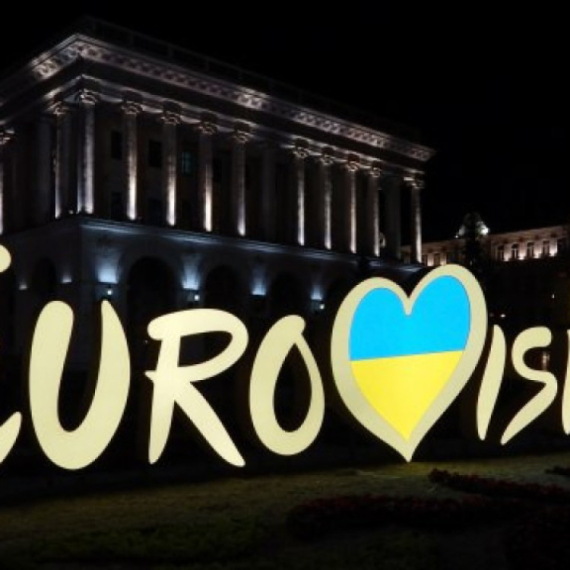
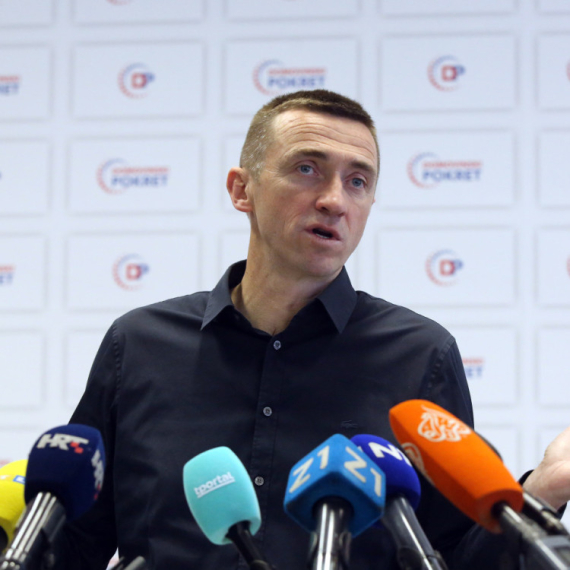
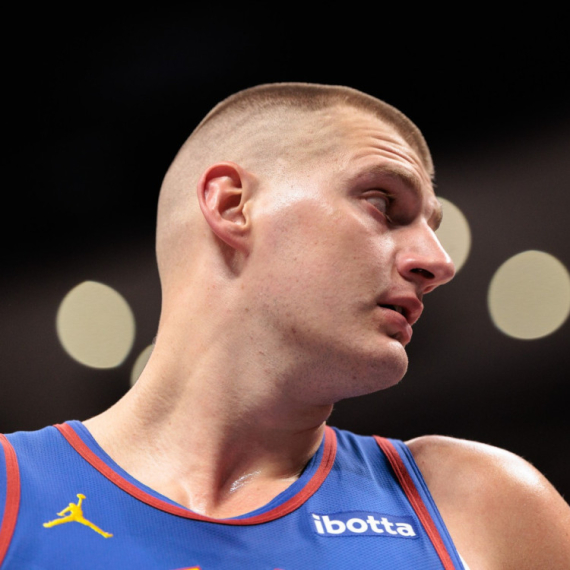

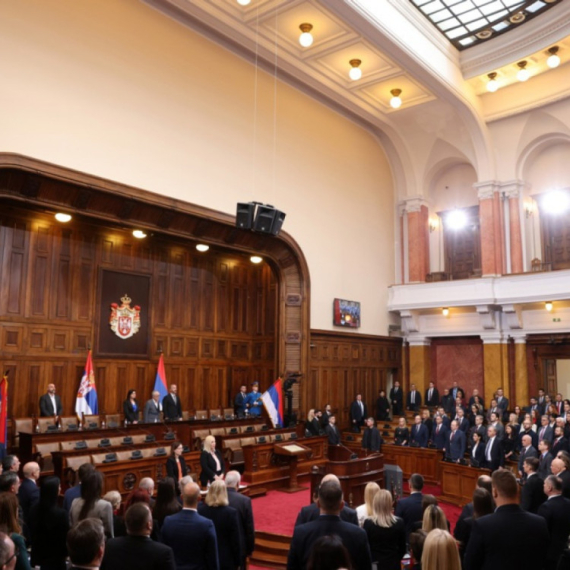
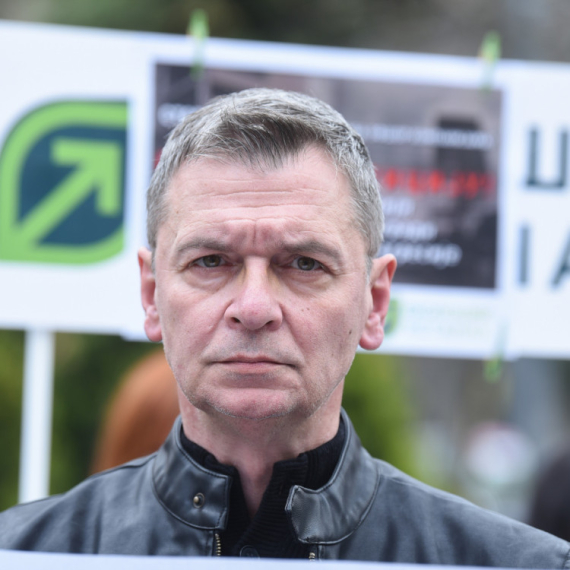
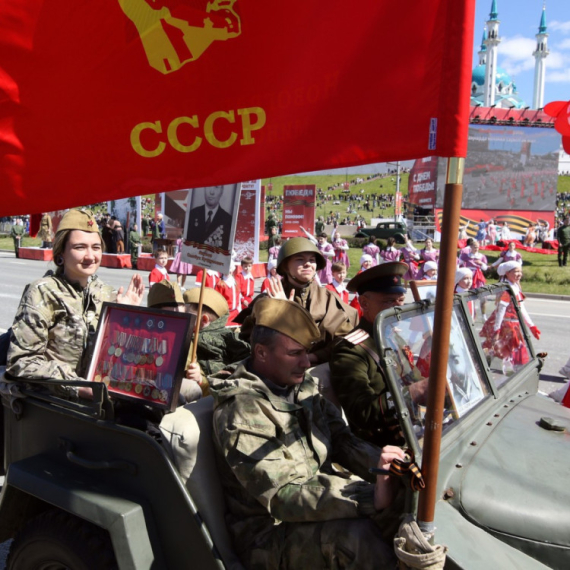
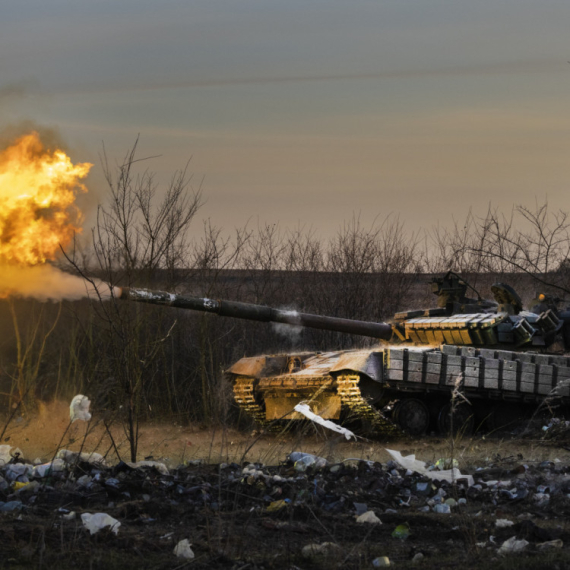
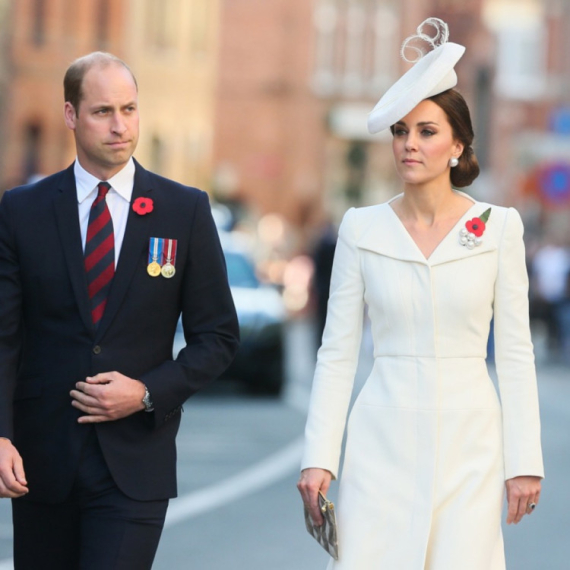


































Komentari 1
Pogledaj komentare